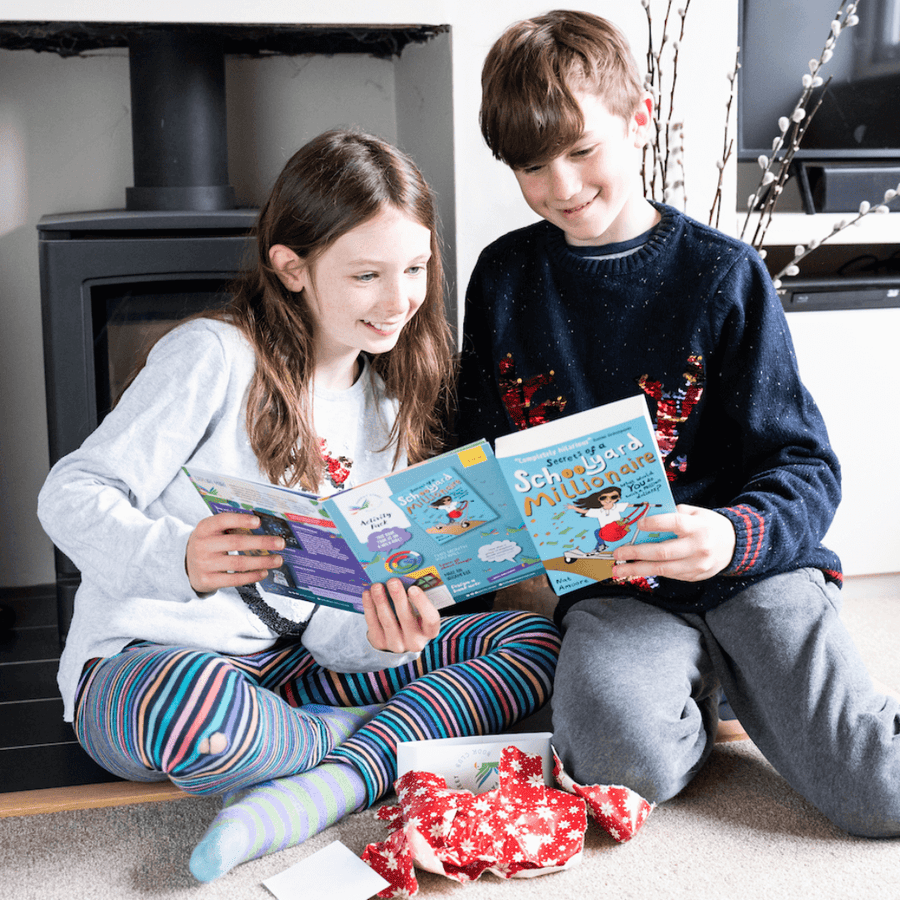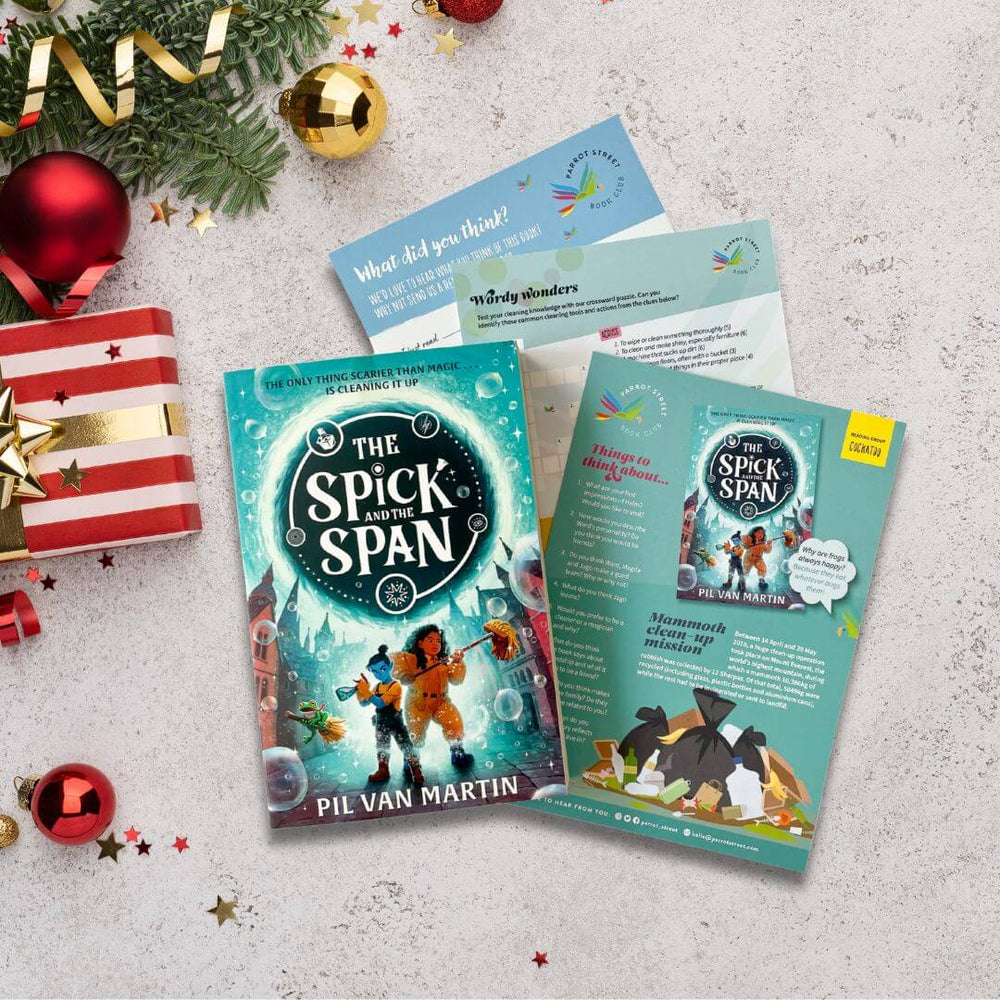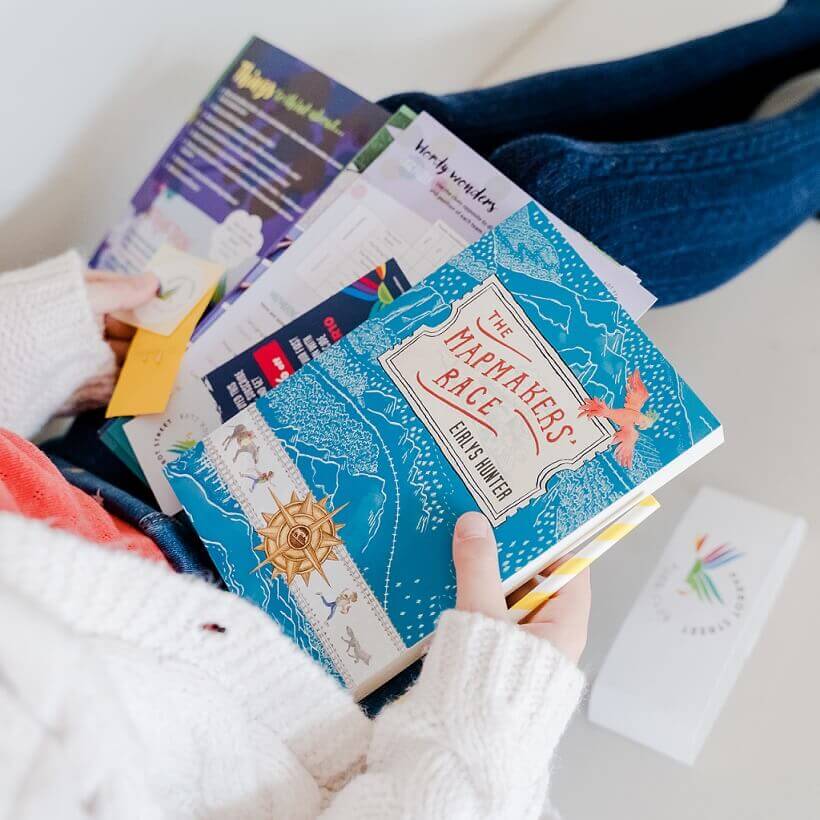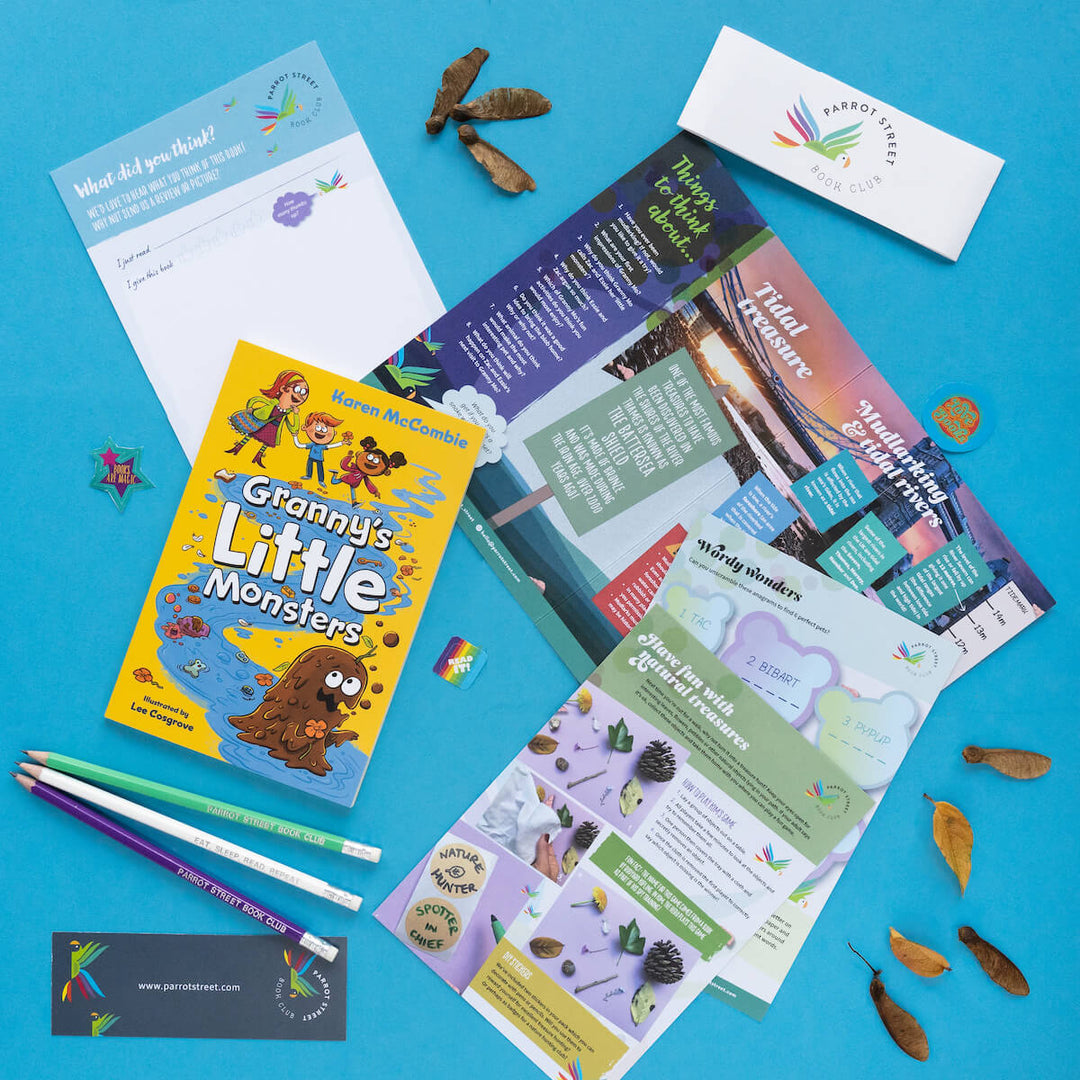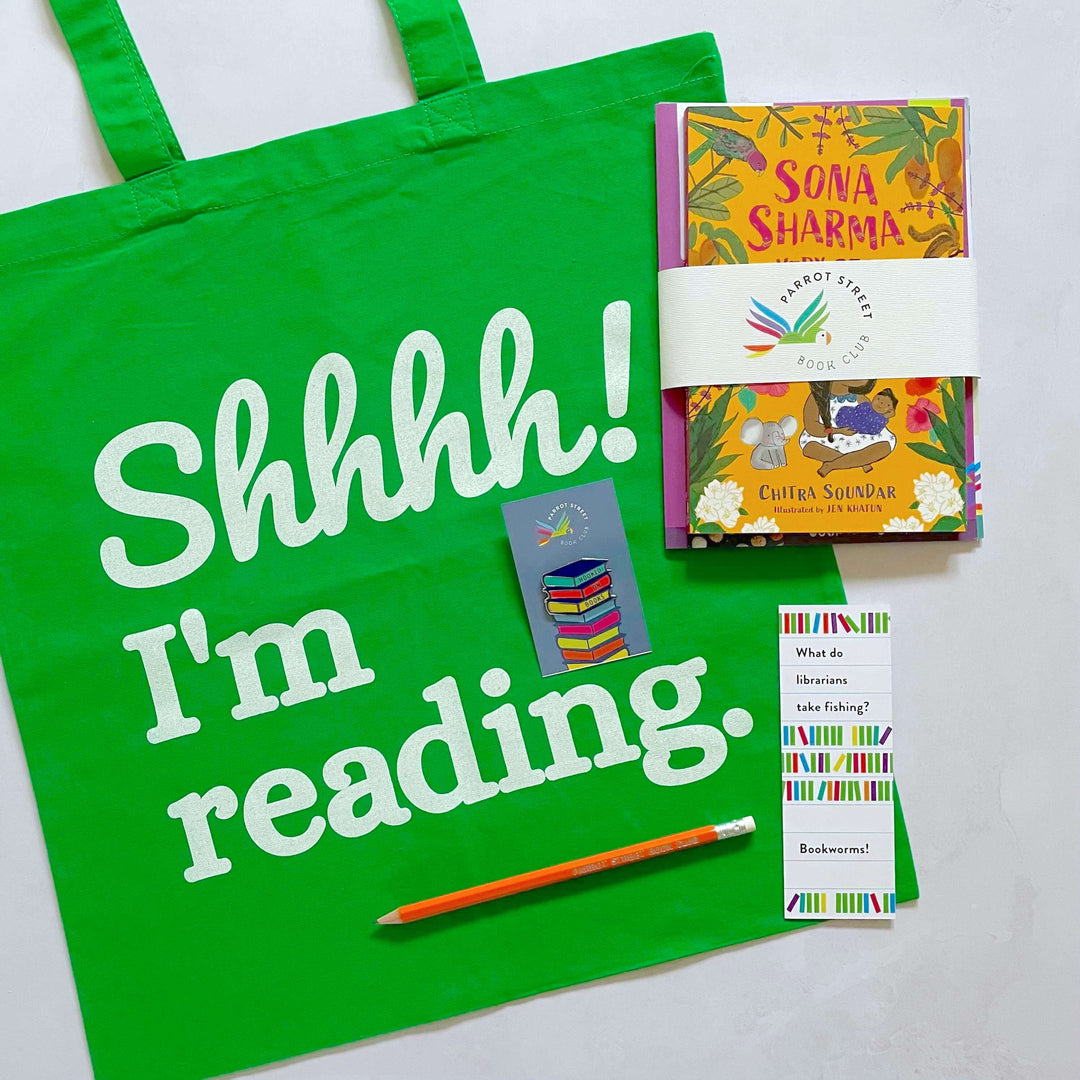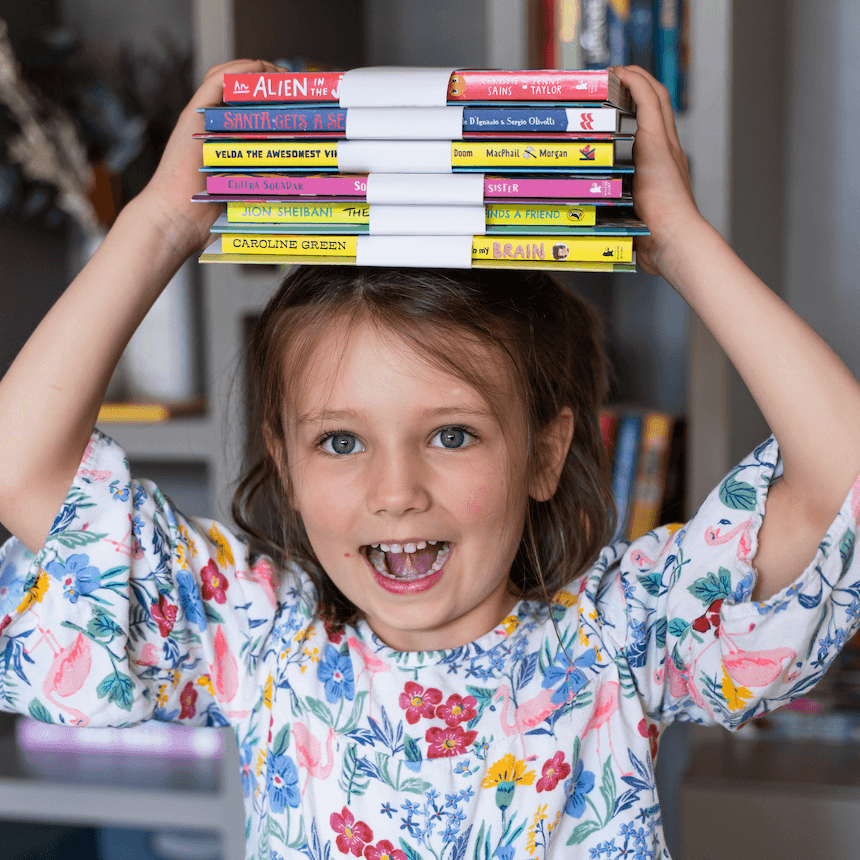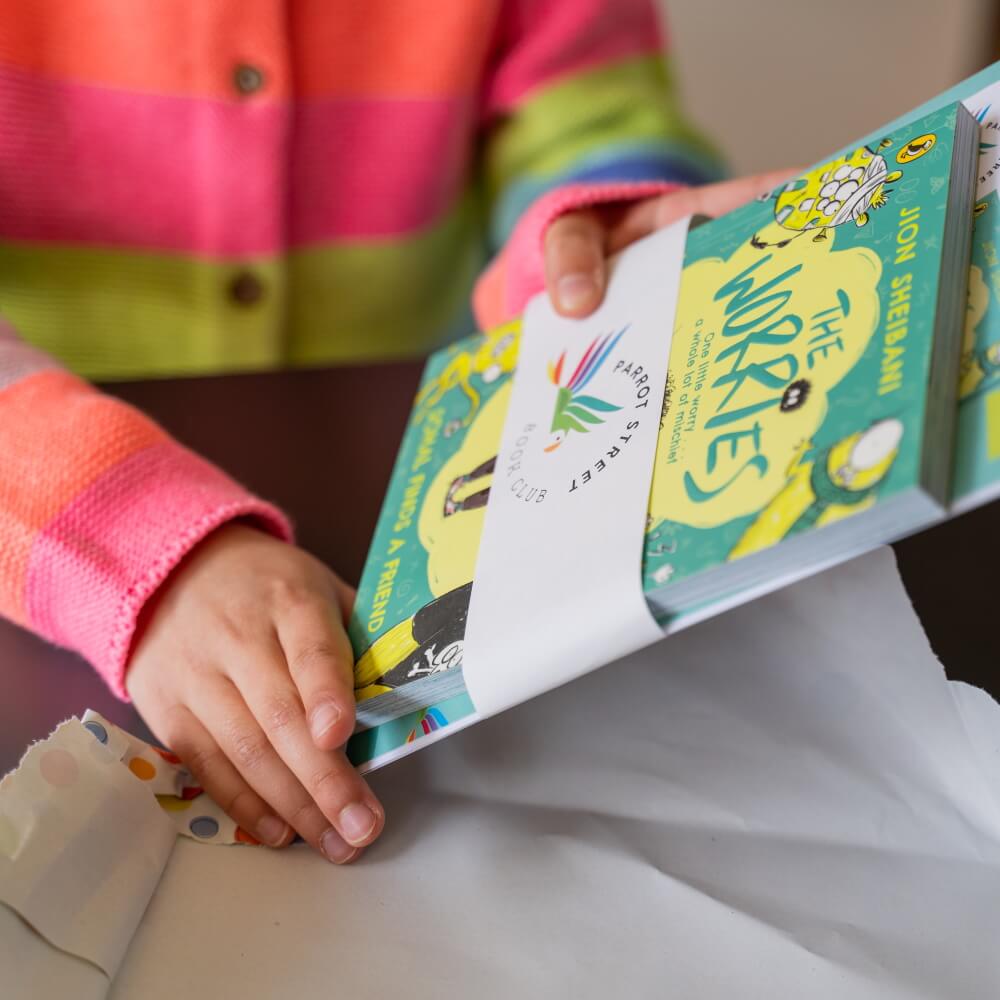Reading fiction and empathy: the amazing benefits of books for children

This Empathy Day we look at how and why reading fiction plays such a crucial role in developing a stronger sense of empathy and understanding in our children.
Did you know that children start developing a sense of empathy at around the age of three, but it isn’t until school-age that it really starts emerging in a recognisable way? Of course, empathy is something that we must continue to practice and nurture well into adulthood. And it is widely recognised that reading fiction is an enormously powerful tool in increasing levels of empathy in our children. But how does it work?
How does fiction influence empathy?
Studies have shown that reading for pleasure plays a crucial role in helping develop a stronger sense of empathy in children, plus a host of other social skills. Reading fiction is a great way of encouraging our children to understand and empathise with others. When our children read about a character in a book, they have a response to that character, either positive or negative or something in between – and those responses are great practice for when they meet and react to people in their real lives. They register and interpret how those characters are feeling, their thoughts and emotions, and how they feel about what is happening to them, and the more they practice those social skills, the better equipped they are to interact with other people in their daily lives.
For most of our children, the world is still a very small place. The places, people and cultures they are familiar with are relatively few. Fictional stories can help gently to introduce them to the wider world, allowing them to witness and experience what it is like to live in a different country or culture. The best fiction does this in a way that doesn’t over emphasise the differences or alienate them from the world they are reading about, but instead focuses on telling a good story that the reader is absorbed by and feels connected to, regardless of whether it is set in an Amazonian jungle or their own hometown.
Does reading fiction really make you a better person?
The evidence suggests yes! One notable study demonstrated that children and young people in Italy and the UK became more empathetic towards immigrants, refugees and people from the LGBTQ+ community after reading books in the Harry Potter series – thought to be a reflection of the discrimination faced by people without magical powers in the series.
Researchers have also shown that readers who were transported by a story and expressed the most empathy with a character went on to demonstrate more altruistic behaviours in real life. So not only does reading fiction improve our children’s emotional intelligence, it translates into better behaviours in a tangible way.
Is fiction better than non-fiction?
There is absolutely no doubt in our minds that our children benefit from a varied reading diet and there is most certainly a place for non-fiction books in any home or school library! But the benefits of reading fiction are unique - there is something particularly special about the way fictional stories help our children understand the world around them and empathise with the people they meet. Fictional stories allow a certain distance from any themes and issues they might find complex or troubling. They give children an opportunity to explore, learn about and understand these issues, and how they feel about them, in a way that is unthreatening and non-confrontational.
And talking about books helps too – by sharing and talking about the books we’ve read, we are better able to explore what they mean to us and how they relate to our own lives. Reading together and talking about what we’ve read can afford both parents and children the perfect opportunity to discuss difficult issues in a ‘safe’ setting.
For more about Empathy Day and the when, what and why of reading children’s books for empathy, check out our guide to Empathy Day and children’s books that encourage reading for empathy.
You’ll also find loads of fantastic empathy-boosting book recommendations in our bookshop empathy collection and on our blog.
JOIN OUR EMAIL LIST
Children's book news straight to your inbox
We love sharing product updates, book recommendations, children's activity ideas and special offers via email.



